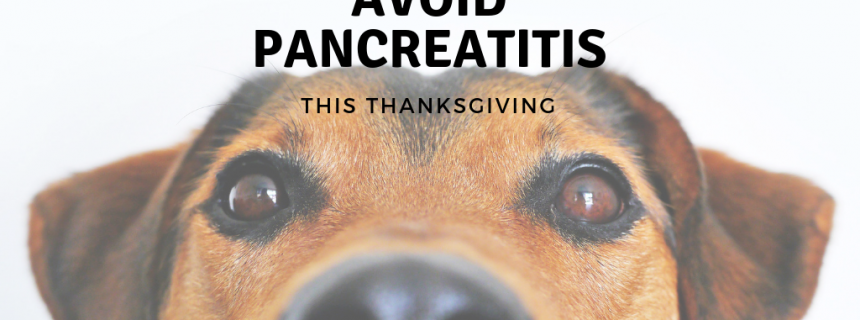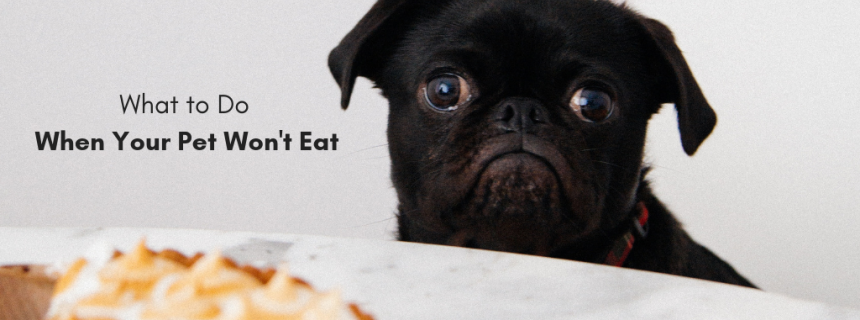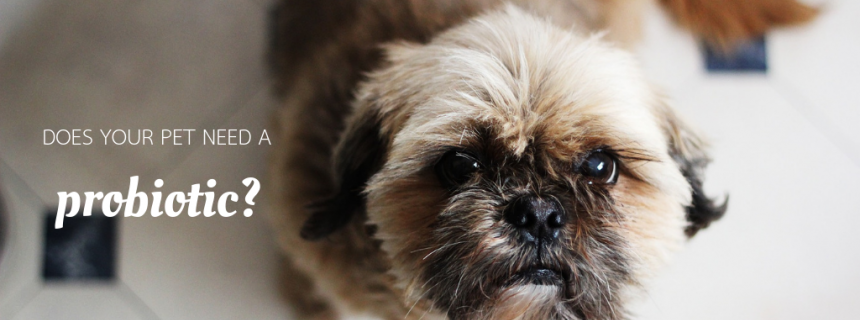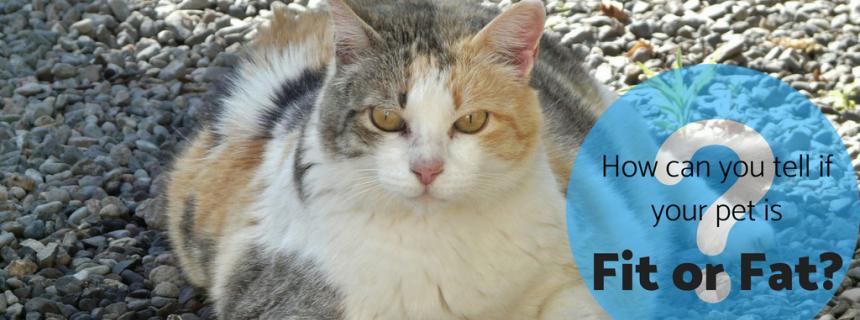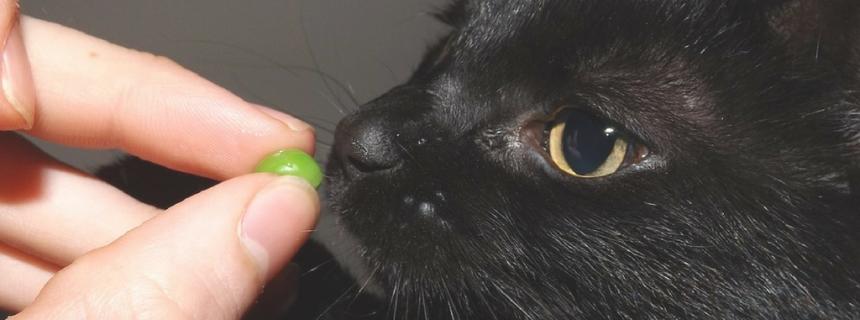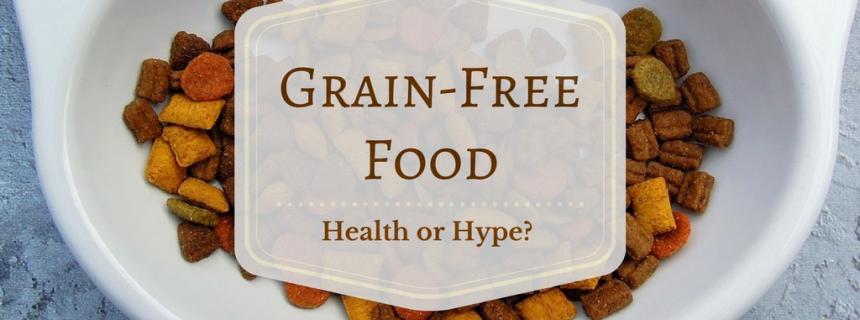This collection of Cat Nutrition articles has been curated for you by 4 Paws Veterinary Care. If you would like to talk to a veterinarian, please give us a call at 518-300-4279.
Avoid Pancreatitis This Thanksgiving
Thanksgiving has a way of leaving the entire family feeling stuffed and sluggish, but if your dog or cat is also experiencing these signs (or others, such as vomiting or diarrhea) this holiday season, don’t ignore it.
Read More
What to Do When Your Pet Won’t Eat
When your pet suddenly loses his appetite, it can be concerning—particularly if you’ve got a regular chowhound on your hands.
Read More
Does Your Pet Need a Probiotic?
If your dog or cat struggles with gastrointestinal (GI) health, probiotics may be just what the vet ordered.
Probiotics are live microorganisms that can be introduced into the body to help with digestion and offer protection from harmful bacteria. Just as live cultures in yogurt can help keep a human gut healthy, probiotics can also help maintain the natural balance of organisms (known as microflora) in a pet’s digestive tract.
Read More
Fit or Fat: Your Pet's Body Condition Score (BCS)
Did you know? According to the Association for Pet Obesity Prevention, more than half of the pets in the United States are overweight or obese.
Overweight pets are at risk for a variety of health problems, including skin infections, high blood pressure, heart disease, immune suppression, diabetes, orthopedic and arthritic disorders, and even some forms of cancer, as well as increased surgical and anesthetic risk.
Read More
Fit or Fat: Your Pet's Body Condition Score (BCS)
Did you know? According to the Association for Pet Obesity Prevention, more than half of the pets in the United States are overweight or obese.
Overweight pets are at risk for a variety of health problems, including skin infections, high blood pressure, heart disease, immune suppression, diabetes, orthopedic and arthritic disorders, and even some forms of cancer, as well as increased surgical and anesthetic risk.
Read More
Veterinary Veggies: Should You Add Some Home Cooking to Your Pet’s Diet?
You and your pet both know the rule: No table food! On occasion, however, your vet may actually recommend human fare for your furry friend. What’s the deal?
Vegetables are an excellent source of antioxidants—dietary substances that can repair and prevent damage to the body’s cells—for both humans and animals. While antioxidants in tablet form only contain a handful of different antioxidants, vegetables can contain hundreds, many of which work together for an even more powerful effect.
Read More
Integrative New Year's Resolutions for You and Your Pet
Most personal New Year’s resolutions are centered on health and relationships. You may promise yourself that you'll work out regularly, eat healthier or call your family more often. But what if you broadened your resolutions to include your pets? What would that look like? Could you find resolutions that would truly benefit both you AND your pets?
These resolutions are integrative in nature as they address various aspects of the pet’s well-being, such as diet, exercise and social and emotional needs.
Read More
Grain Free Pet Food: Health or Hype?
In recent years, grain free pet foods have become extremely popular. This trend was most likely developed in more of a consumer response to human nutrition trends, rather than responding to the nutritional needs of our pets in general.
When it comes to choosing the best food for your pet, the most important aspect is providing a complete and balanced nutritional diet, based on the specific needs of the pet.
Read More



